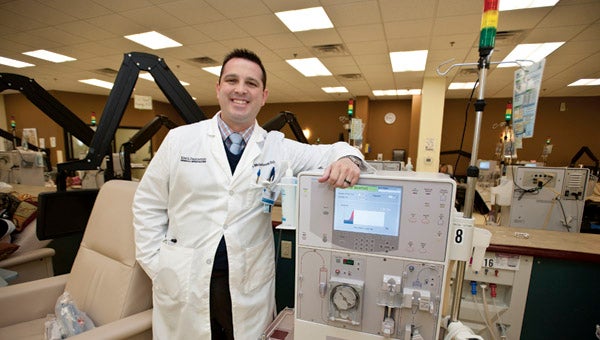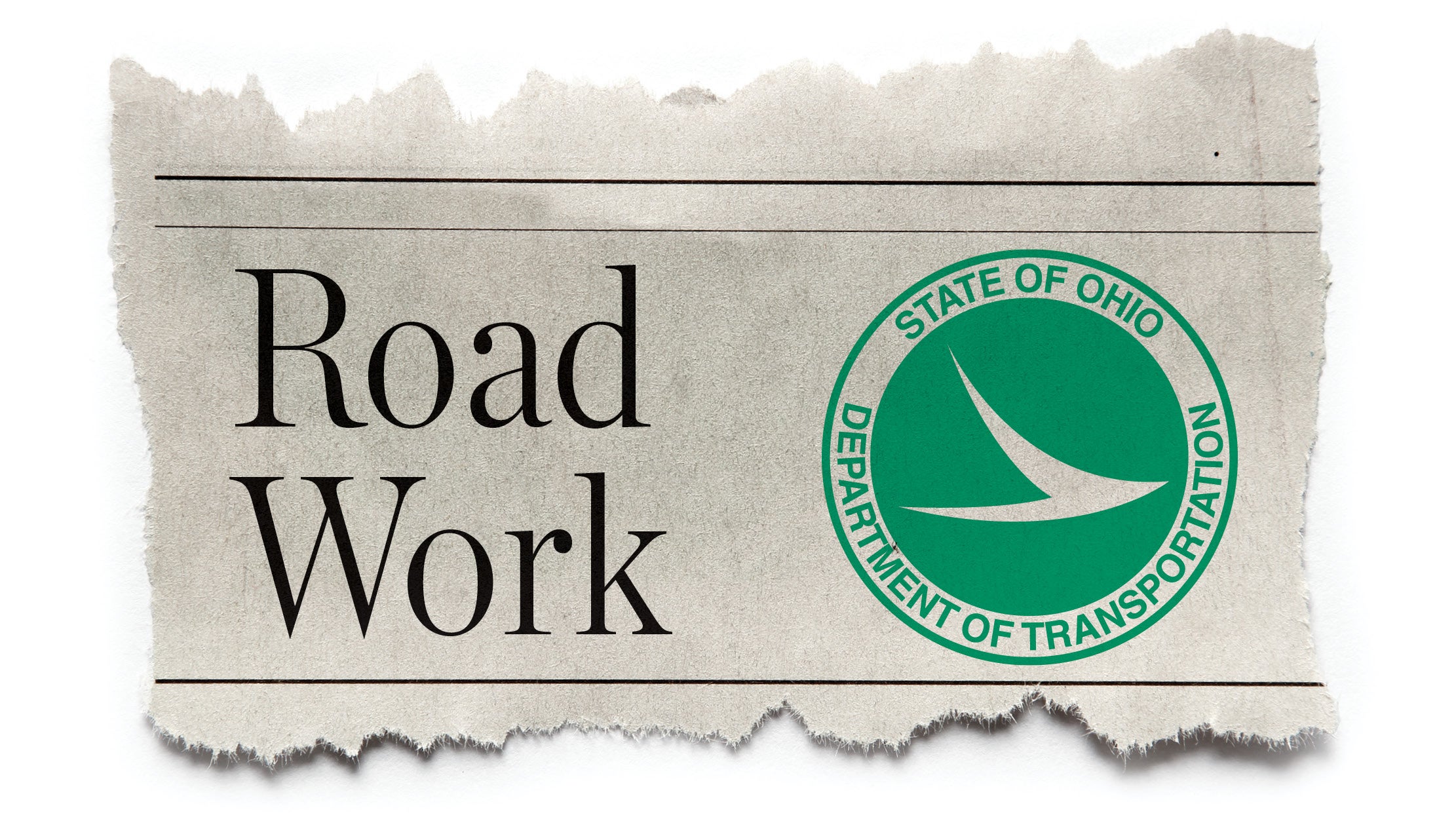PROFILE 2013: Not just another doc
Published 12:23 am Sunday, March 3, 2013
Lots of people are skeptical about why they would need to see another doctor, but Lawrence County residents should get to know nephrologist J. Michael Kasey, D.O.
Or, at very least, everyone should learn more about the specialty.
Kasey is now serving the area at King’s Daughters Medical Specialties, located at 6276 State Route 7 in Proctorville.
Nephrologists specialize in kidney care and treating diseases of the kidneys. They are educated in internal medicine and then undergo more training to specialize in treating chronic kidney disease (CKD), polycystic kidney disease (PKD), acute renal failure, high blood pressure, and are educated on all aspects of kidney transplantation and dialysis.
Kasey resides in Ashland, Ky., and received his medical education at Wake Forest University School of Medicine at Winston-Salem, N.C., and the West Virginia School of Osteopathic Medicine at Lewisburg, W.Va.
Chronic kidney disease should be taken seriously. It is a killer that sneaks up on thousands of people with diabetes or untreated high blood pressure. And the incidence of CKD is increasing in the United States, most rapidly in people ages 65 and older.
“Sometimes we have to talk about things that make us uncomfortable,” Kasey said.
Our urine, or pee, is a good example. But if you care about adding quality, and even years to your life, get the conversation started, he said.
Start with your primary care physician, Kasey suggests. If you’re not having an annual urinalysis, request one. Request a nephrologist referral or call on your own if there are abnormalities in your urine.
“Remember, it’s not the quantity of your urine, but it’s quality that needs to be monitored,” Kasey said. “Don’t put off giving the kidneys specialized attention.”
Pay close attention to diabetes and high blood pressure. Many people are not diagnosed with chronic kidney disease until they have lost most of their kidney function,” he said.
The kidneys are powerful organs that serve several essential regulatory roles. Most are familiar with the function of removing waste to the urinary bladder, but not that the kidneys are important in the regulation of electrolytes, and the regulation of blood pressure through maintaining salt and water balance.
CKD slowly gets worse over time. In the early stages, there may be no symptoms. The loss of function usually takes months or years to occur. It may be so slow that symptoms do not appear until kidney function is at 10-15 percent. Lifelong treatment, however, may control the symptoms of CKD, so early detection is critical.
The final stage of chronic kidney disease is called end-stage renal disease. At this stage, the kidneys are no longer able to remove enough waste and excess fluids from the body. The patient needs dialysis or a kidney transplant.
Nephrologists are also called kidney doctors, and often confused with urologists by the general public.
There is a difference.
Nephrologists focus on how the kidneys work. Urologists are more concerned with anatomical kidney problems and deal with the rest of the urinary tract as well. Nephrologists do not perform surgery. Nephrologists often work with patients with diabetes and high blood pressure, while urologists treat kidney stones, urinary and kidney blockages and cancers.
The paths of urologists and nephrologists often cross.
“I like to explain it this way,” Dr. Kasey said, “Inside the walls of your house, you have plumbing and electrical wiring. They work together, but sometimes you need one or the other looked at by a plumber (urologist) or an electrician (nephrologist).”
You take good care of your teeth, your eyes, even your feet. Don’t neglect the almighty kidneys, Dr. Kasey reminds.
Dr. J. Michael Kasey can be reached by calling (606) 329-9335 or (740) 886-9867.
— By Betsy Donahue | For The Tribune





